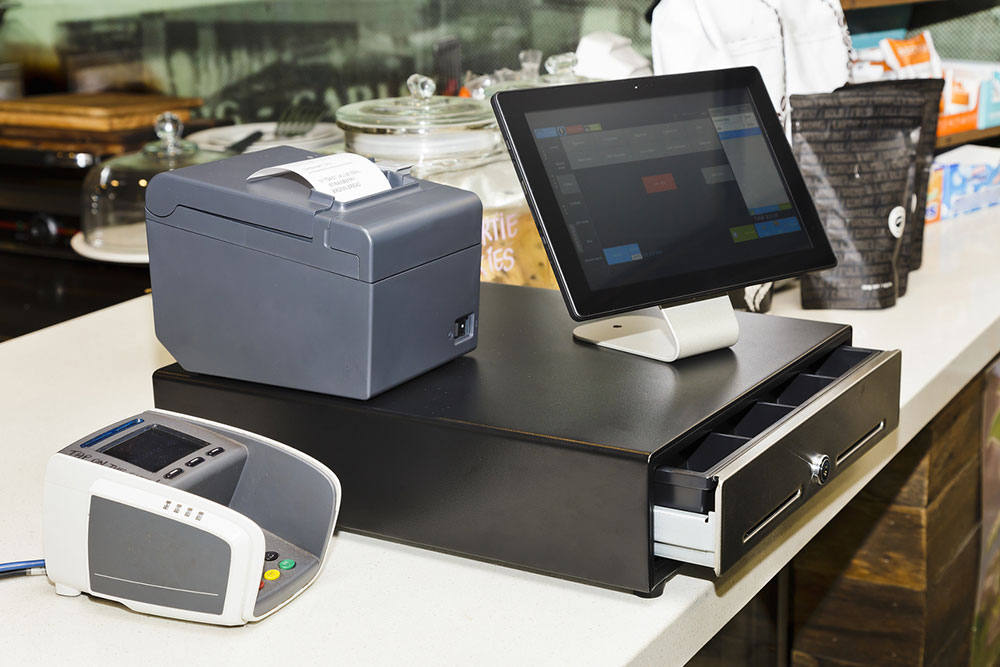
11 advantages of using POS systems
Over the years, a POS (Point of Sale) system has replaced traditional cash registers. This technological marvel combines software and hardware with implementations in business operations. The hardware could include a scanner, physical terminal, printer, computer, and other devices. These work with software to track and organize business information. A POS system brings with it multiple benefits for small and large businesses. Here are 11 notable advantages of installing this system.
Error reduction
One of the most prominent advantages of a POS system is that it can reduce the errors that usually occur in manual processes. For instance, an individual who conducts transactions manually by cash might sometimes get minute calculations incorrect. These mistakes could become quite a hassle when one needs to account for the inventory at the end of the month or when it’s time for an audit. The POS system ensures accurate results with minimal error if used correctly.
Superior inventory management
The POS system makes it easy to track the inventory of any business, such as a retail store. It enables one to manage their inventory in real time and learn the number of products owned over a specific period. When a store receives inventory in its catalog, it needs to scan the items and enter the quantities of each product into the POS software. When the items are sold, they are directly deducted, so one is aware of the remaining stock.
Identification of sales trends
A POS system can also identify common sales trends or seasonal changes in product demand. This feature allows businesses to track and organize their stock levels in advance to ensure they have sufficient to meet customer demand and maximize earnings. It also allows merchants to identify the areas where there is unnecessary overspending and better manage their budgets.
Price consistency management
If a business owns multiple stores in various locations, it could become tedious to maintain price consistency.









